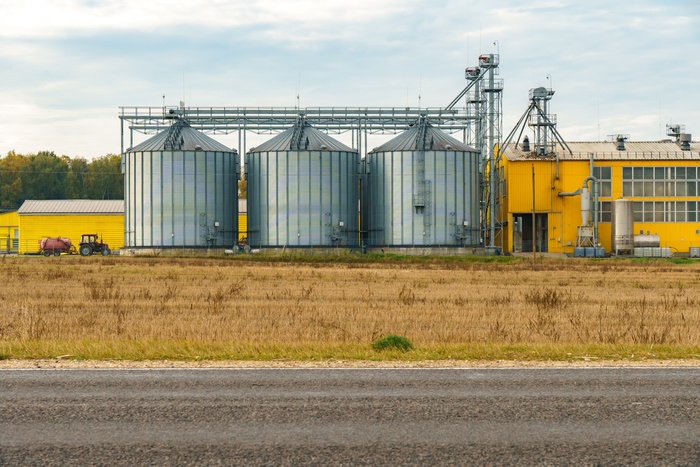Farmers across the US have started rethinking how they manage fuel, water, and chemicals. Many of them now consider the long-term effects on both their land and their communities before restocking traditional supplies. As part of that shift, more farms recognize solvent recycling as a practical, cost-effective step toward smarter agriculture.
How Farms Use Solvents and Why It Matters
Solvents touch almost every part of a working farm, from cleaning equipment to preparing fields with herbicides. Farmers use them to maintain tractors, mix crop protection chemicals, and flush out spray tanks between applications. This reliance has grown over time as machinery becomes more advanced and precision farming techniques demand clean, calibrated tools.
Solvents affect every operational area tied to efficiency and safety. Petroleum-based options often see the most use, but newer alternatives offer lower toxicity without sacrificing performance. Without proper disposal or recovery, leftover solvents threaten soil health, equipment longevity, and local water quality.
Cost Control, Compliance, and Smarter Waste Handling
Recycling solvents lets farmers reduce overhead without sacrificing performance. Instead of constantly buying fresh stock or paying to haul away hazardous waste, farmers reuse what they already purchased. That choice trims budgets while keeping fieldwork running as usual.
One reason the role of solvent recycling in farm management continues to grow lies in how it supports regulatory compliance. Larger farms face increasing state and federal scrutiny, especially around hazardous material storage and disposal. Smaller operations can also benefit from meeting compliance standards, since even compact solvent recovery units offer major returns over time.
Air Quality, VOC Emissions, and Community Impact
Solvents emit volatile organic compounds (VOCs), which escape into the air during mixing, use, or disposal. Many VOCs link directly to ozone formation, lung irritation, and smog. Nearby communities, especially ones with schools or vulnerable older residents, feel those effects more intensely over time.
That’s why the role of solvent recycling in farm management connects directly to healthier land, cleaner air, and public goodwill. Industries that use recovered solvents can lower VOC emissions by eliminating burn-off and evaporation from discarded chemicals. They also reduce the need for extra transportation and disposal trips, which often add unnecessary environmental strain.
Building Long-Term Value With Sustainable Practices
Solvent recycling fits easily into other sustainable habits already gaining popularity across American farms. Those efforts—including composting, cover cropping, and closed-loop irrigation—strengthen both productivity and environmental responsibility. Unlike larger overhauls, recycling systems require little infrastructure and offer immediate impact.
Forward-thinking farmers already frame solvent recovery as an investment, not an expense. If you want to run a cleaner, smarter farm, contact a local agricultural supplier to explore solvent recycling solutions built for your acreage.





